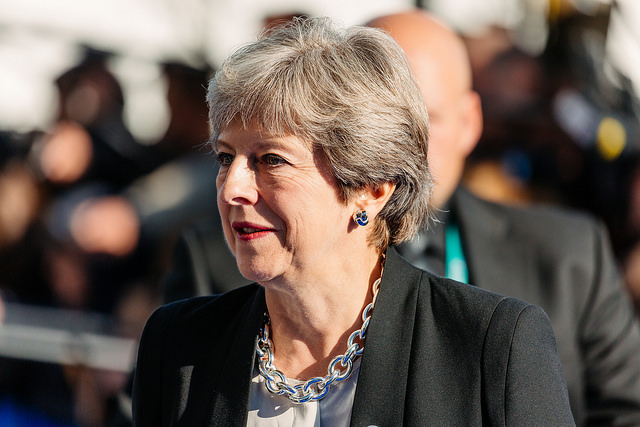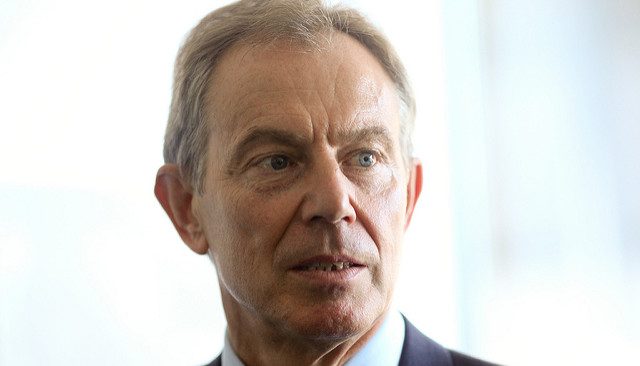Former Labour Prime Minister Tony Blair has claimed it is now “more likely” that Brexit can be stopped, on the anniversary of Article 50 being triggered.
After the vote to leave the European Union in June 2016, Theresa May formally started the process of leaving the block by activating Article 50 of the Lisbon Treaty in March 2017. However, one year on some prominent figures are still saying it can be reversed.
Speaking to BBC Radio 4’s Today Programme, Mr Blair, who was PM from 1997 to 2007, said: “I think it’s more likely we can stop it now than a few months ago.
“I always say to people the likelihood is it happens, but it doesn’t have to happen, and the first place that’s going to decide it is Parliament and MPs should vote according to their conscience.”
Technically speaking, legal commentators and Donald Tusk (president of the European Council) have said that Article 50 is capable of being reversed, but the issue remains controversial and Brexit Minister David Davis has said he “doesn’t know” if this is indeed the case.
Where Are We Now?
While the prime minister tours the country calling for unity over Brexit, here’s a look at where we are now and what it could mean for our human rights pic.twitter.com/ChB2zN6OvX
— RightsInfo (@rights_info) March 29, 2018
Currently, the UK is due to the leave the union on 29 March 2019, and it’s a move that will undoubtedly have implications for our human rights.
Theresa May, the current Prime Minister, is still in the process of negotiating an exit deal with the other member states in the EU – something which must be passed with a majority of 20 out of 27. She can also only extend negotiations if every member state agrees.
It doesn’t have to happen, and the first place that’s going to decide it is Parliament and MPs should vote according to their conscience.
Tony Blair, Former Labour Leader and Prime Minister
Phase One of the negotiations ended in December, when it was agreed there would be no harder border in Ireland, and that the whole of the UK would leave the customs union. EU residents who have lived in the UK for five years at the time of our exit will also be allowed to stay.
Earlier this month, the UK also agreed a 21 month ‘transition period’ after the official Brexit date, but some questions still remain. For example, there remains uncertainty as to what will happen to the EU Charter of Rights, which offers personal data protection, as well as safeguards for workers, the elderly and LGBT+ people.
And What Do Other Politicians Say?
 Image Credit: EU2017EE / Flickr
Image Credit: EU2017EE / Flickr
Current PM Theresa May has today reiterated her commitment to Brexit, saying it “would deliver a country that is different” but with the chance of a “bright future”.
She also added it may mean more money to spend on schools and the NHS.
The Liberal Democrats, however, are also advocating for the chance to reverse the process, with Deputy Leader Jo Swinson saying: “Once those details are becoming clearer, as the government comes towards the end of the negotiations, then it ought to be up to the people to decide what path we, the country, take.”
She added: “There is still a real chance that we should be able to choose, if that’s what we want, a different path and not go down the Brexit route.”







